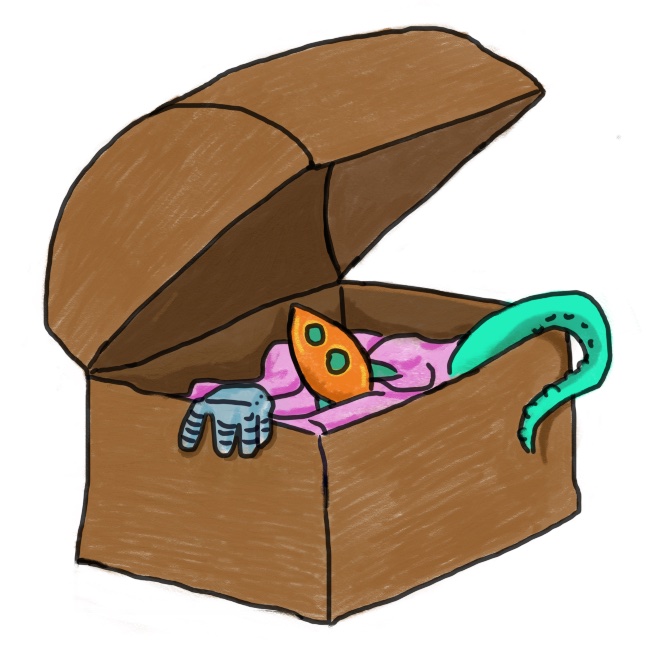Nyla requested this one, a post on mistakes middle class writers make when writing about working class people.
And oh wow. If you’ll listen to me I will talk your ear off. Though first, obviously: I can only write from my own perspective. I know what it’s like to be poor and white in northeastern Ohio in the 80s and 90s, okay? I mean, I got over that poverty line pretty well by 2000.
SO here are a few simple things to keep in mind if you want to realistically depict working class Americans.
There is LITERALLY NOTHING rich people know that poor people don’t.
This is the first and most common mistake I run into. For some reason, people from more privileged backgrounds think, like, we don’t have books below the poverty line? I come across it when people critique my work, saying “But this poor black person shouldn’t know who Jane Austen is” or “how did this poor white person learn to be a computer programmer?” Not realizing they are talking to a computer programmer with a poor background? And I see it in the slush pile when people jam explainers in for what are pretty common skills.
Good gravy, I once saw a TV show where the wealthy protagonist explained recycling to a homeless person! I jumped out of my seat. No one knows recycling like homeless people. The homeless INVENTED recycling. Back when you could get a nickel for turning in a pop bottle? Let me tell you there weren’t any pop bottles on the street near homeless people.
(Calm down, self.)
The point is, I’ve seen homeless people reading Descartes and playing chess. I’ve known out-of-work electricians and plumbers, people who can fix anything you got broke and yes, I’ve known computer programmers who couldn’t afford a computer of their own. I’ve known poor people who have read every novel you can think of, and those who never read anything but non-fiction. Yeah, they have to wait for movies to come out on DVD at the library, but this doesn’t mean they aren’t as informed as any other participant in our culture.
Do not: insert some Privileged Person to Explain Things
Do: allow your poor characters to have skills and knowledge without explaining them. Ask yourself, if this person were more like me, would I feel a need to explain how they know this? If this person were a wealthy white male, would I feel a need to explain how they know this? No? Then don’t.
Poor people come from all political perspectives.
So, as a hippie commie leftist from the projects whose parents were hippie commie leftists from the projects, I rarely see my background in fiction. For some reason, people feel that every poor person they write has to be some form of naive right-winger.
I’ve met plenty of people whose politics are counter to their own interests. What I can’t abide is the “naive” part, and I think it ties in to number one… this assumption that a person who is poor knows less about politics.
Poor people have every level of interest and sophistication in political thought that exists above the poverty line. They might not have time to do anything about it, but they will think about it. Or they won’t, because not everyone is into that.
Do: Let your characters have any and all political leanings
Do Not: Have everyone agree on everything. Like, have you never discussed politics?
You can have a lot of things and still be poor
When I read a story in the slush pile and it’s about a contemporary family living in a cardboard box with one turnip to share for dinner, I cringe.
Poverty doesn’t look like Dickens. Okay? And yes, the poor are painfully aware that their possessions are constantly policed, as though being able to afford anything remotely nice disqualifies them for all sympathy, ever.
Hint to poor people: Those assholes weren’t going to be sympathetic in the first place.
If you never want to talk to me again, go ahead, tell me you saw a Cadillac in the projects or a poor person with a full fridge or an iPhone. No one made you the arbiter of what someone else “deserves” to own. It’s amazing that some of the people most opposed to socialism want desperately to instate rationing of goods.
The natural outcome of this pressure, that a poor person with any nice thing in their life is automatically unsympathetic, causes even poor people to write poor people who are comically poor.
It’s not real. It doesn’t feel real. And it’s really hard to have a character do anything when they are already half-dead, okay? Stop doing this.
Poor people have pets. Poor people have food. Poor people have a car. They can even have cable TV and a bike. Christ, let your characters have something! You know what? Food bank food is one of the easiest things to get, and since you can’t afford to eat out, yes, a poor person can have a lot of food in the fridge. Cars are needed for our culture. You might have gotten a decent car through pluck and luck. It doesn’t mean you suddenly can meet all your needs.
There’s no magic pawnshop that accepts whatever you have. You need to find a buyer, which takes time you don’t have, and money you don’t have, paying for ad listings.
In fact, that leads into a sub-point: it’s easy to become a hoarder when you’re poor. It’s a lot harder to ‘declutter’ when every plastic soup bowl is a significant percentage of your personal wealth.
… this one got a little ranty. Sorry. Did you detect the overall message?
DO: give your characters stuff, especially if it adds character moments and complications
DO NOT: stop and explain how they got every remotely nice thing they own so that the judgmental audience knows “this person deserves it”
There is no safety net
A lot of what makes poverty poverty isn’t lack of income. It’s lack of a safety net. You can work hard and save up every dime, but when you get sick? That money will burn faster than a birthday candle.
Most middle class people have a parent or a sibling they can crash on or get a loan from if their financial life fell apart. They don’t understand the real, complete lack of anyone to turn to.
How do I know that? Because their stories fail to have poor characters worry about it. Now, I admit, characters who take on unnecessary risk are better for plots, but a poor character is going to try to arrange rescuing the prince in such a way that she can do it and make her shift at McDonald’s. Because you don’t call off work unless you are Sure You Are Dying.
Related: Work doesn’t end after Work:
You’re trying not to lose your house, so you have to get that rent check in person, because you don’t have a bank account because the charges would eat your pay away before you paid all the bills, and you have to get to the welfare office because there’s a form that has to be signed in person to prove you are you, and your ID is out of date so before you do that you need to go to the DMV even though you haven’t got a car, and once you get all that squared away you hope you can make it to the grocery store where they sell money orders because again, you do not have a bank account.
A working-class person without a job can spent twelve hours a day just getting their stuff in order and listening about how lazy they are for not having a job! Every errand you run, every bill you pay– imagine it with two more steps, one of which requires going to an office and waiting in a line.
DO NOT: have a working-class person blow off work or a court date or turning in their rent check if they are not sure a life is at stake
DO: complicate your plot with work and with social services required interviews, in-person drug tests, waiting in lines for forms… all those unnecessary hoops we make poor people jump through that make their lives very difficult.
Okay, that’s it. I suppose I could have made this shorter and just said:
- Poor people are people. Treat them like people.
- Being poor adds time constraints and extra work to everything.


